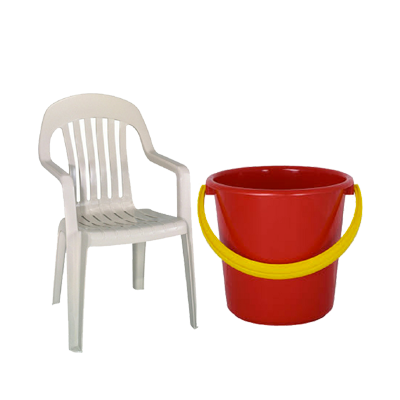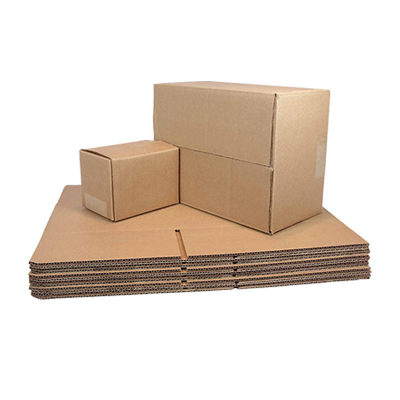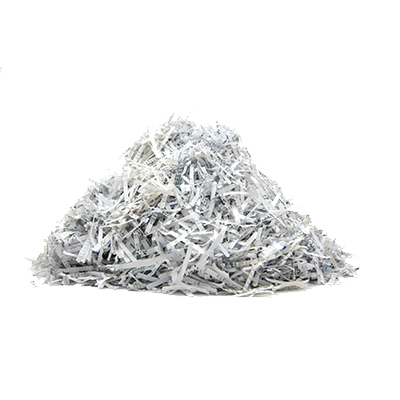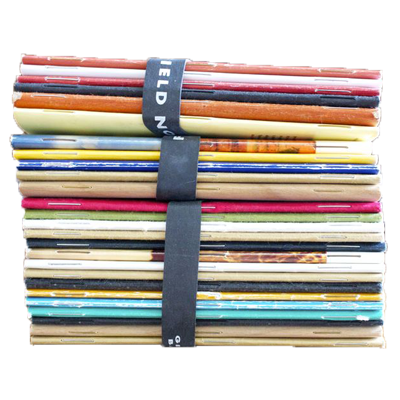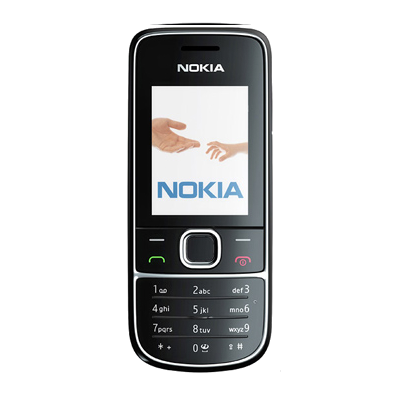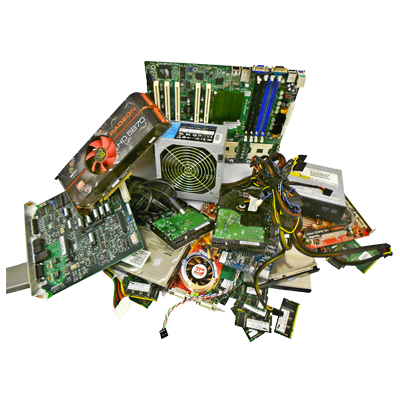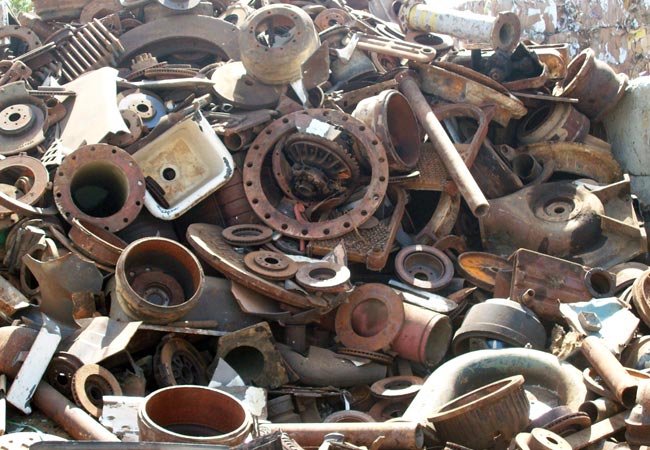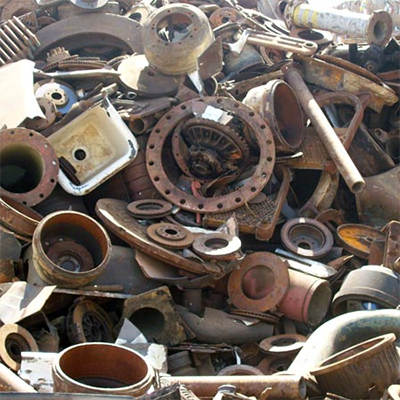
2019-06-11
What We Did for World Environment Day
World Environment Day is meant to direct everyone’s attention to a critical issue we all face – environmental degradation while also celebrating so much that Mother Earth has given us. To many, this may seem like a gimmick because we often forget about the small things we do or CAN do to contribute to a healthier environment. To others, like for us at Doko, days like World Environment Day are particularly important because it allows us to engage with different audiences about what we do and what individuals can do to support environmental health. So, we were all over the Kathmandu Valley participating in various activities engaging with different audiences through events like clean ups, fairs and discussion panels. Our first event was the Kageshwori Manohara Mega Clean Up Campaign. A clean up campaign is essentially a collective cleaning effort where a group of like-minded people would clean a certain area. Think of households near Bagmati cleaning its banks. Or a group of students cleaning a dumping site near their school. Eighth to tenth graders from roughly 30 schools in Kageshwori Manohara Municipality cleaned a 200 meter radius surrounding their schools. Doko Recyclers trained Himalayan Heroes, an environmental student group from New Star Pole School, on how to segregate waste while conducting a clean up. In turn, they trained students from the 30 schools on how to conduct a proper clean up with waste segregation. It was fun and it was chaotic. Most importantly, it was crucial these students learned what kind of waste their schools and surrounding communities generated on a daily basis so they could reduce their consumption of single use and composite plastic, reuse bottles and tiffin boxes, and recycle materials generated in schools such as paper and plastic. Students in particular are the gateway to environmental health. When they are taught about the impact of our actions they will grow up to become responsible consumers that are aware of the tolls of resource extraction to produce goods. They will also be aware of the impact of not recycling. Teaching them how to segregate waste now means that they are likely to inspire their peers and family to make a change as well. At the end of the day, we collected 417 kilograms of recyclable waste from the clean up, and hopefully successfully demonstrated the importance of recycling to them. Kundan Khadka, the president of Kageshwori Manohara Ward 9, and Sudhir Rai, the Kadaghari Nepal Police Inspector, concluded the closing ceremony by stating that students are the way forward for a clean Nepal. It was heartening to see different groups of people come together for the common cause of protecting the environment whether it was students, municipality civil staff, the law enforcement, and of course private entities like Doko Recyclers. All the way across the valley in Lazimpat, our Chief Communications Officer, Shivani Saria, gave a riveting speech on recycling and what students in the hospitality sector can take to reduce unnecessary consumption of resources, especially in a field that heavily uses single use plastics. The event was organized by the Silver Mountain School of Hotel Management and was a fun event complete with games, food stalls, upcycled products and even models of a sustainable city and a consumerist one. A plethora of guest speakers specializing in sustainability were present. Guest speakers ranged from Vegan Dairy Nepal who emphasized on the need to reduce carbon emissions, to Tyre Treasures who focused on making upcycling mainstream and a part of a circular economy. The most talked about issue was single use plastics which range from straws to plastic bags to PET bottles: plastics we can use once or twice and have to dispose of. Our Urban Waste Manager, Brinda Dewan, and Communications and Partnerships Coordinator, Pranav Rajouria participated in an educational fair organized by The Small Earth Nepal where they informed visitors about how they can easily compost organic waste at home and also shared with them how Doko Recyclers operates. The fair was set in place to spread awareness about air pollution, especially to school students. Brinda and Pranav both talked about how managing waste properly can reduce or mitigate the effects of air pollution. Burning waste actually causes 20% of the total air pollution in Kathmandu Valley. One-fifth of all air pollution comes from burning waste so even if we stop the simple act of burning our waste, we can account for a substantial source of air pollution in the valley. Pranav also attended a discussion session organized by the British Council in Nepal which featured presentations on sustainable fashion, vulture conservation efforts, pocket parks initiatives, and environmental law. Milan Rai, a local artist who came to nationwide attention in 2013 when he placed white paper butterflies across Kathmandu as a symbol for change and solidarity, introduced his newest project. He is planning on creating small parks and green spaces in abandoned/vacant lots throughout the city. Representatives from Hatti Hatti and Bora, two startups in sustainable fashion, explained their decisions to create sustainable fashion entities in Kathmandu as being a result of the damaging environmental and labor practices being done by many popular fashion companies around the world. Krishna Bhusal, a Vulture Conservation Program Officer from Bird Conservation Nepal explored the unsuspecting importance of vultures, the most efficient scavengers on the planet, to our ecosystem. Their ability to consume carrion prevents the spread of disease, as well as rids the soil of waste in climates where decomposition is not possible, to name a few of their advantages. Sanjeevni Yonzon Shresha of Wildlife Conservation Nepal (WCN) highlighted the importance of a nature-based curriculum in schools. WCN has implemented nature-based programs in many schools across the country, and they are working to do more. Finally, Jony Mainali, an environmental lawyer at the National Law College, expertly broke down the legalities in our constitution with regards to how environmentally conscious our nation should be. As it turns out, our constitution dictates that we should take steps to become more sustainable and environmentally conscious. Now, we just need to act on it. Overall, we had a very productive World Environment Day. It was one day of increased environmental awareness all over the world, and we hope that everything we learned that day will be embedded into our actions as we move forward. A clean up campaign isn’t just about cleaning an area for a day, it is about teaching students how to segregate waste in the long run. Similarly a stall isn’t just for showcasing our products, it provides an important avenue to spread awareness about our consumption (and consequent) conservation of resources. In the same way, talks and discussion sessions go a long way to understand present environmental challenges and how to go about solving them. We certainly had a productive World Environment Day and as you can see above, in more ways than one.



